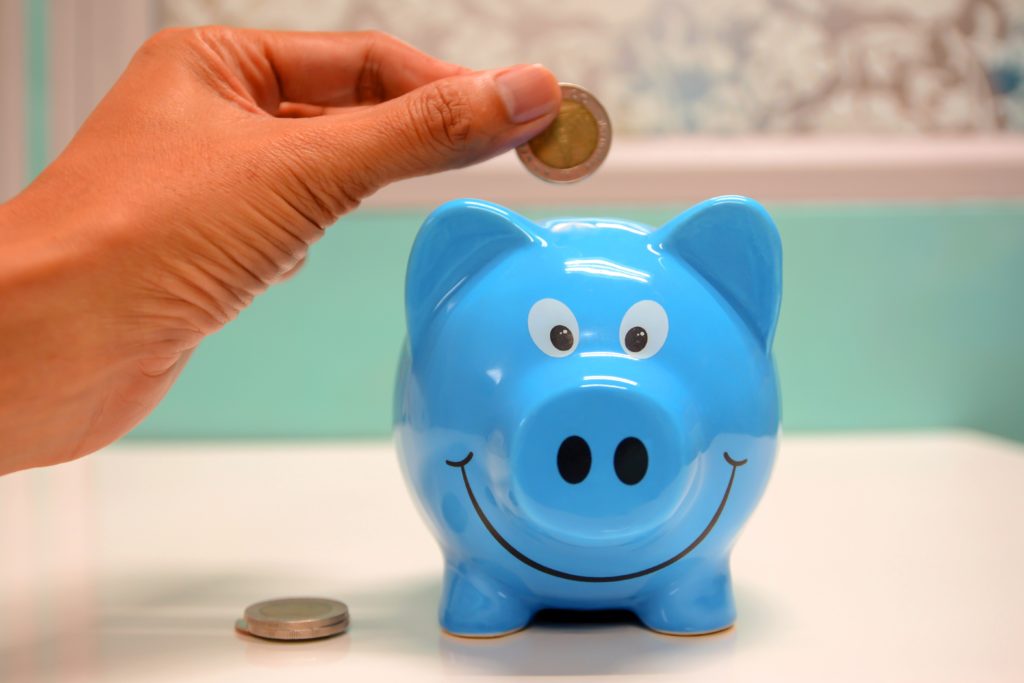

1. Clean your car’s air filter
It might sound strange, but Canstar has found that if you clean the air filter in your car, you can improve your car’s performance and fuel efficiency by up to 10%. It might not seem like a lot, but for such a small action as cleaning a dirty, clogged air filter, this yields some pretty great results, especially when petrol prices are still uncomfortably high.
2. Use the 30-day rule
This is often recommended for big purchases but it can be used for small ones too – it’s simple, you just wait 30 days before making any purchase to help you avoid impulse buying. Obviously if your fridge is broken, you might need to sort one straight away, but this is a good rule to apply for things like that new 60” TV you might have been eyeing up.
3. Cancel memberships you don’t use
While it might be some sort of motivation to you to hold on to a gym membership, you’re only robbing yourself of valuable cash if you’re not actually using it enough. The same goes with any subscriptions services you don’t actually use, such as TV packages or magazine subscriptions. Cancel them now and you’ll see what a difference it makes to your wallet!
4. Delete saved credit card numbers
Not only is this a good thing to do security-wise, it can also stop you in your tracks if you’re prone to being a bit liberal with your online shopping. Actually having to get up off the couch and find your wallet instead of using the details that are automatically saved can be enough to make you rethink your decision and save you money.
5. Don’t buy groceries on an empty stomach
You may have experienced this before, but when you’re hungry, being in a supermarket is like being a kid in a candy store. Your blood sugar levels are lower so you’ll probably leave with a trolley full of junk food rather than your usual meat and veg supply. Eat beforehand so you’re more likely to make better spending decisions on food.
6. Pay in cash
It’s an oldie but a goodie – paying in cash might not be the most convenient option, but it really helps you to keep track of your spending. If you can visually see and allocate where your precious money is going, you’re more likely to be careful about what you buy.
7. Name your savings accounts
Whether you’ve got your savings in a bank account or a piggy bank, it’s a good idea to name these to keep you motivated to reach your goal. Rather than just a generic account full of unallocated cash, name it Holiday Fund, or Rainy Day Fund just so you’re reminded of what the money is actually for and are more inclined to keep it where it is.
8. Try the 52-week money challenge
Kassondra Perry-Moreland came up with this great challenge, so see if it can work for you. You just save one dollar in the first week, two dollars in the next, three in the next, and so on. By the end of the year you’ll have $1378. Even if you don’t think that’s a lot, it teaches you the valuable habit of saving.
9. Sell your old things
Again, this one is fairly obvious but a lot of us still accumulate a lot of old things in a cupboard in case we might use them again one day. Making money from your unused items isn’t as difficult as you think – you can sell them on TradeMe, Facebook Marketplace or even host a good old-fashioned garage sale. Even if you make $2 from that old toaster, it’s better than nothing!
10. Treat yourself
This one isn’t really heard of in many a savings tips article, but it’s actually quite important. The more you restrict yourself, the more intense the desire to spend, and spend big. It’s sort of like a diet, in order for it to work, you need to do everything in moderation and see it as a positive experience rather than a sacrifice, otherwise you’re very unlikely to stick with it.
What are some of your best money-saving tips?
Fill out your details below and someone from our friendly team will be in touch soon.
"*" indicates required fields